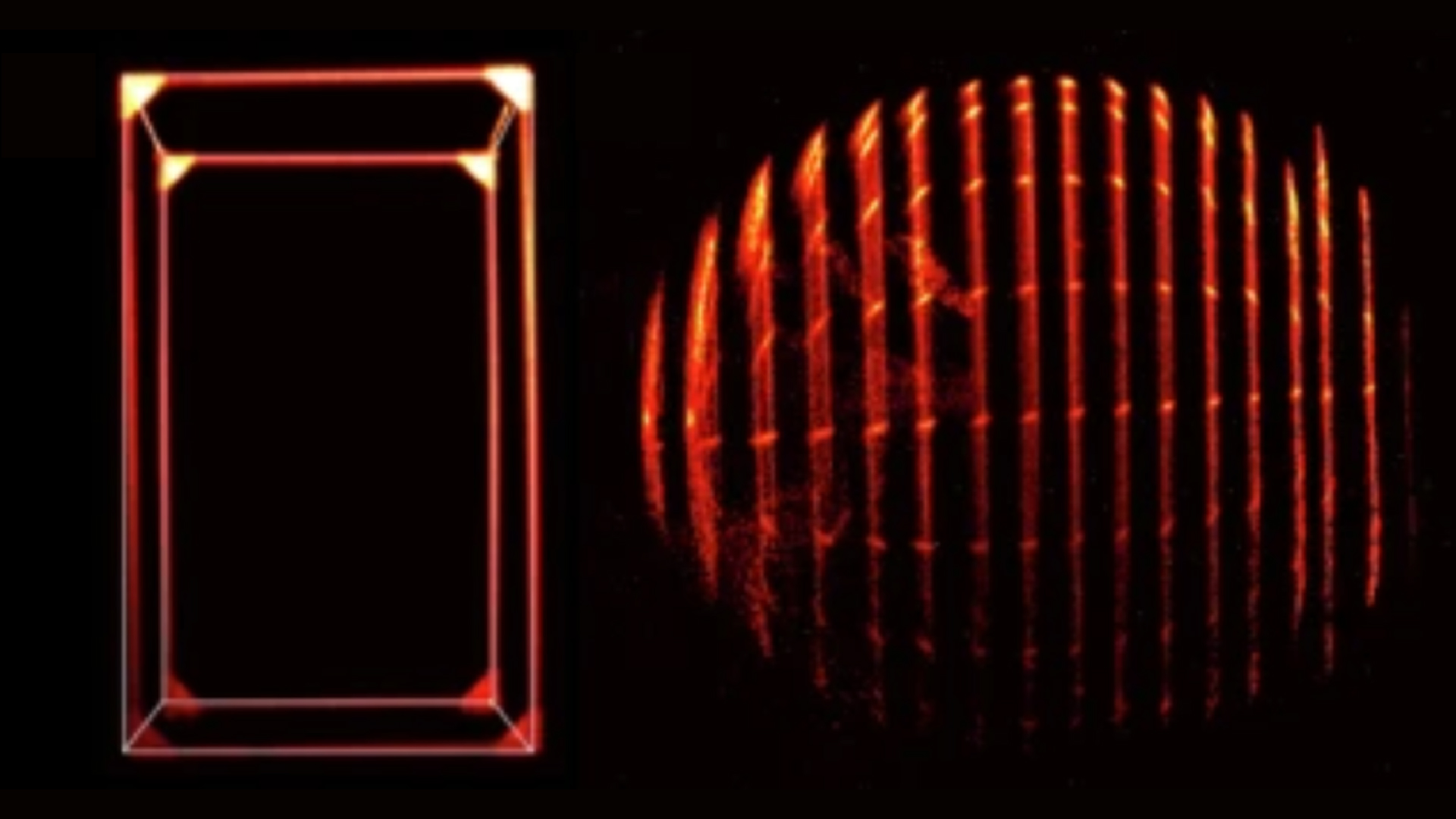In Photos: Treasures From 800-Year-Old Tombs in China
Crystal disc
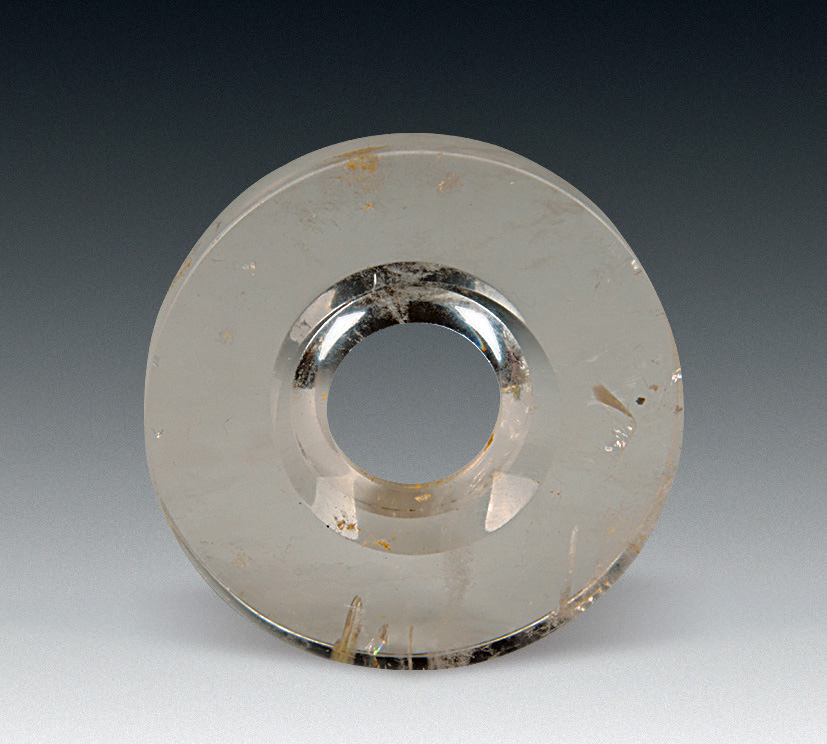
Archaeologists in China have discovered two 800-year-old tombs belonging to Hu Hong and his wife née Wu. The crystal disc seen in this photo was found within the coffin of née Wu's tomb. The body of née Wu was completely decayed, but many treasures from her tomb were found intact. [Read more about the ancient China tombs]
Gold pendant
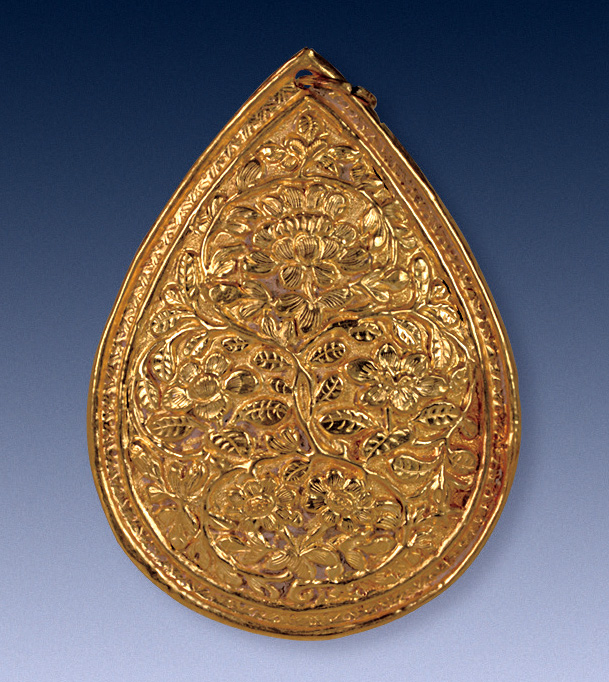
This gold pendant was also found in née Wu's tomb. Archaeologists believe that it would have been attached to a vest.
Coffin chamber

This photo shows the rear wall of the coffin chamber in née Wu's tomb. The tomb contained a large amount of mercury and archaeologists believe that the substance was likely used in an unsuccessful attempt to preserve née Wu's body.
Elephant knob and jar
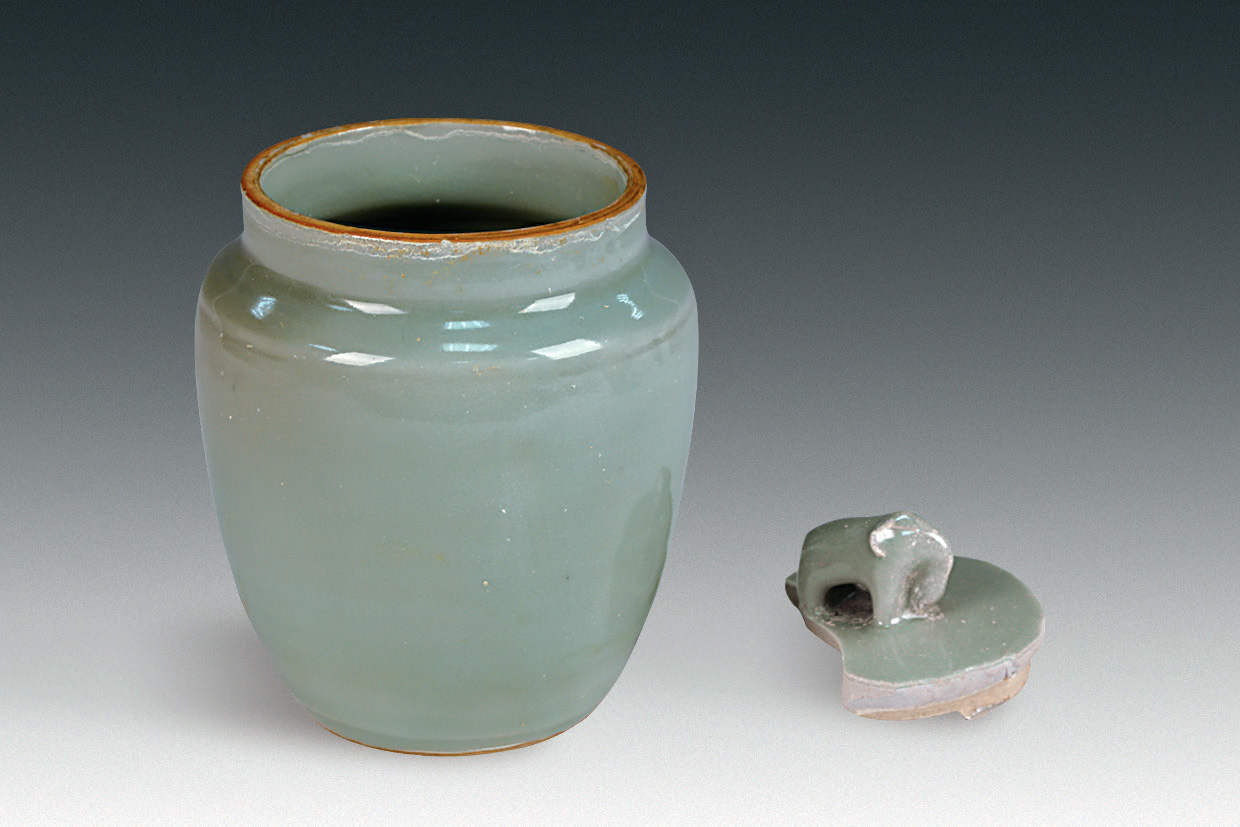
This jar with elephant knob was found in Hu Hong's tomb. Hu Hong's tomb had been robbed however police managed to recover a number of artifacts from his tomb including this jar.
The life of Hong
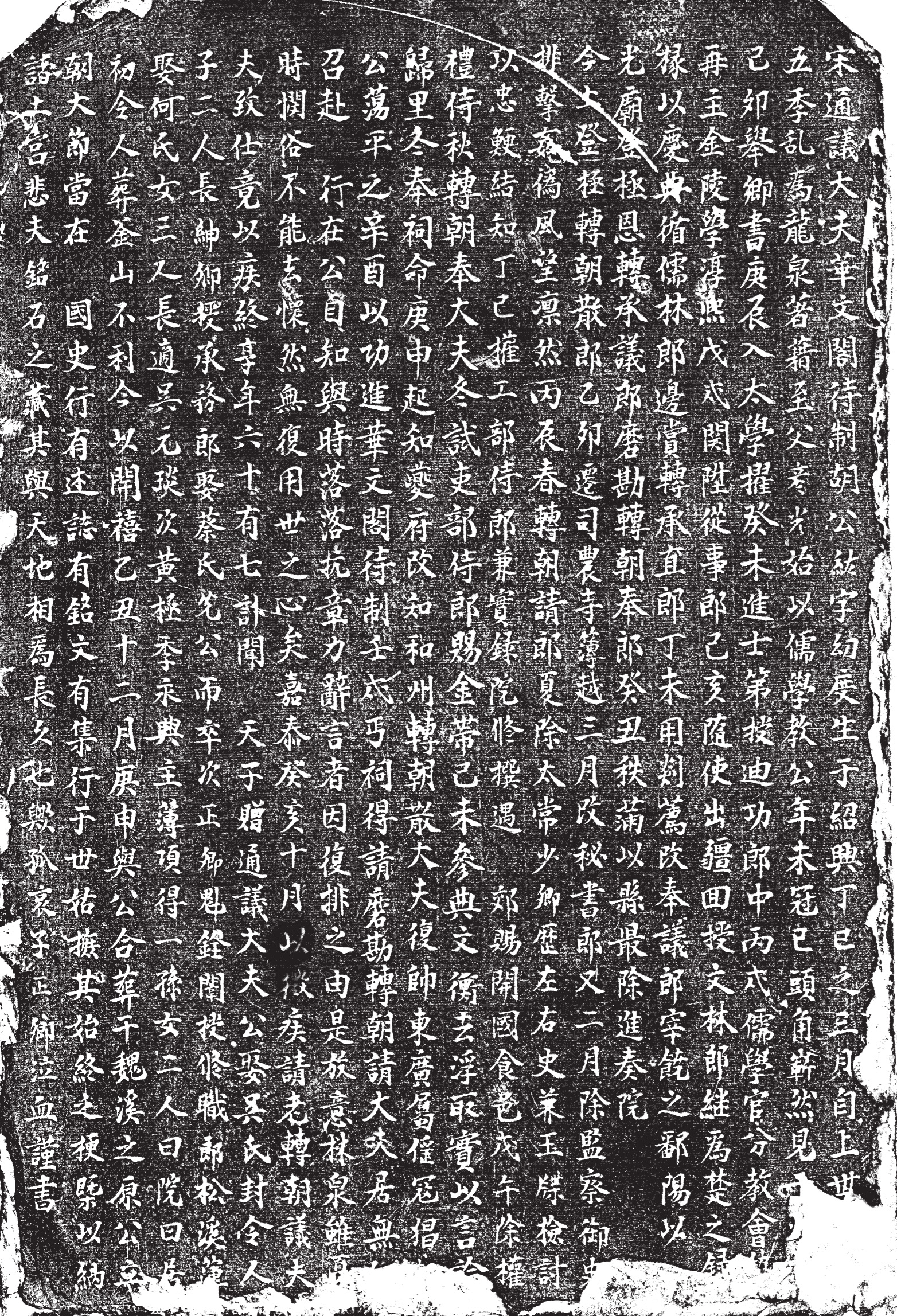
One of the few artifacts that thieves hadn't robbed from Hu Hong's tomb is a lengthy inscription describing his life. This image shows a rubbing of the inscription. To create a rubbing a material is pressed against the inscription allowing for a copy to be made.
Hairpins
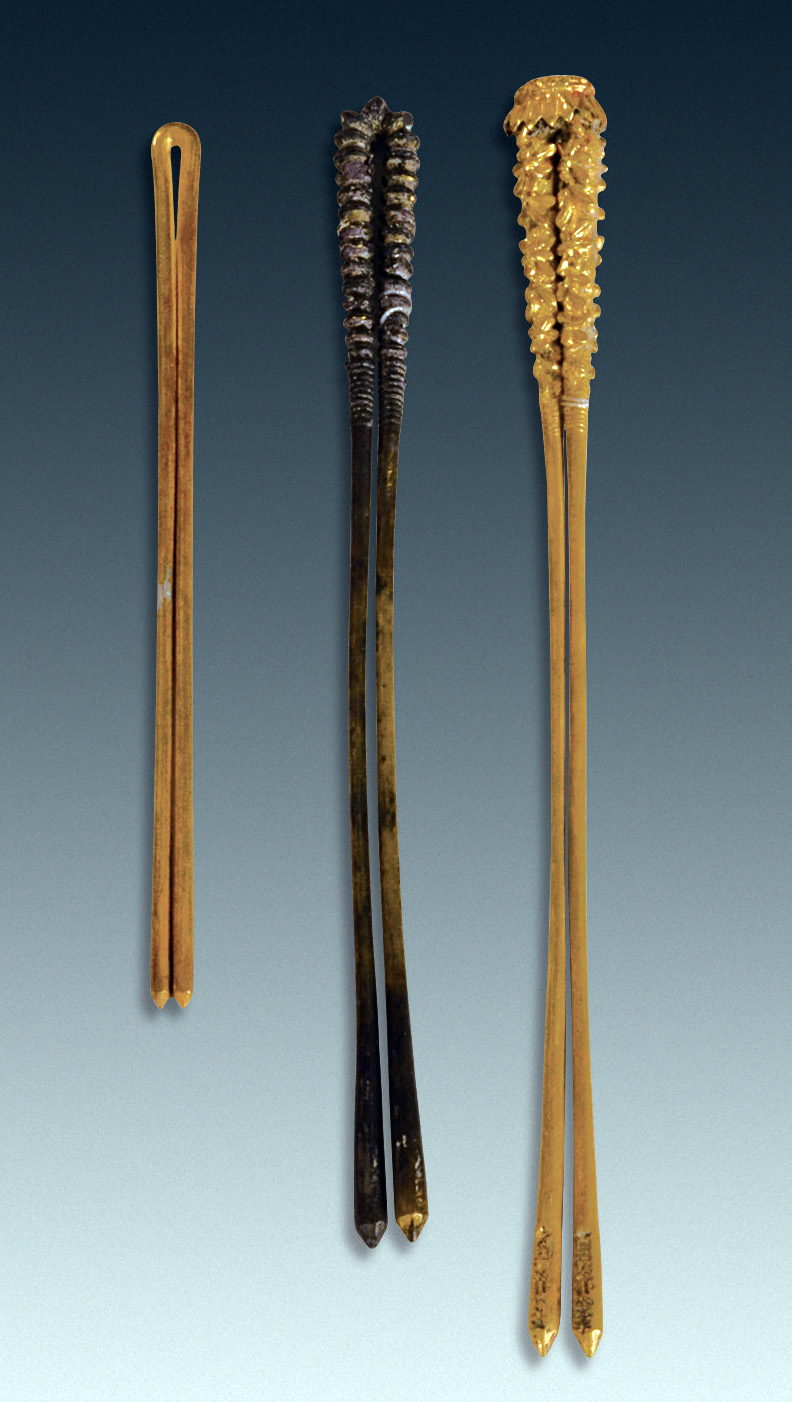
These gold and silver hairpins were found in née Wu's tomb. An inscription was also found in her tomb however it is illegible. [Read more about the ancient China tombs]
Combs
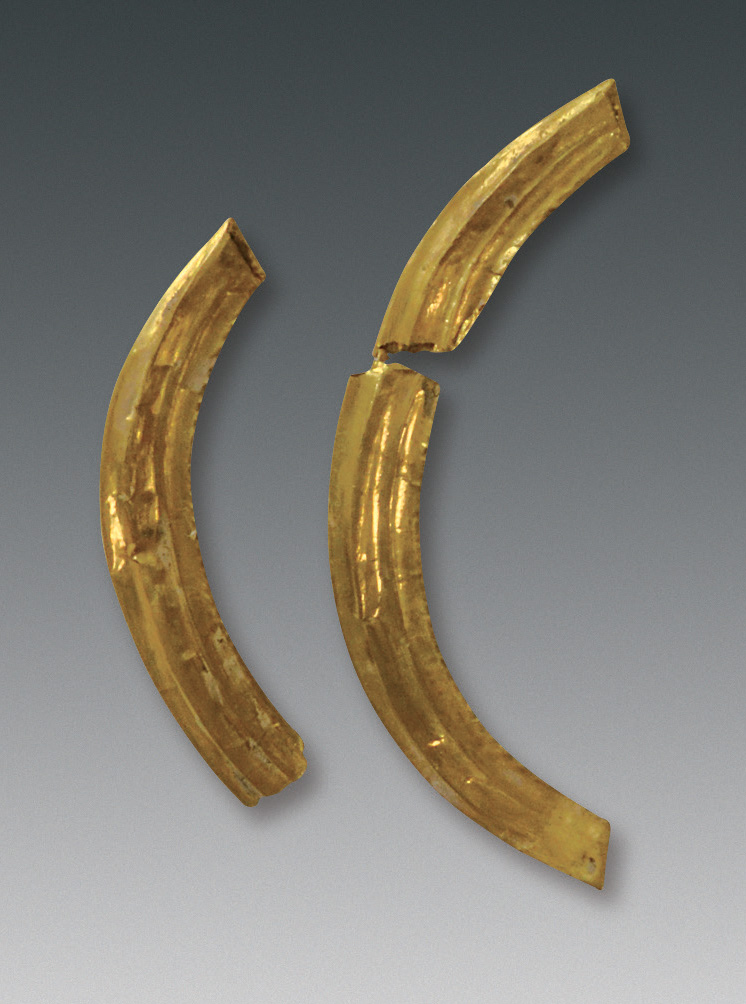
The back of two combs found in née Wu's tomb. They are made of gold. According to the inscription found in Hu Hong's tomb née Wu held the title "lady of virtue."
Get the world’s most fascinating discoveries delivered straight to your inbox.
Earrings
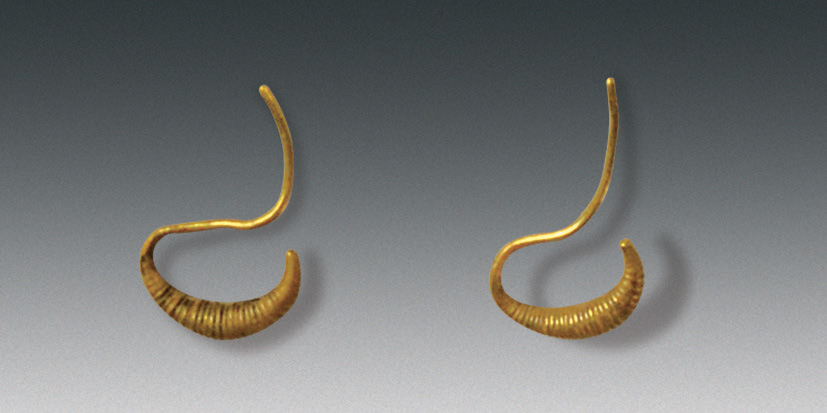
Two gold earrings found in née Wu's tomb. Both Hu Hong and née Wu lived at a time when China was divided between two dynasties. Hu Hong served the "southern Song" dynasty which was based in southern China.
Tokens
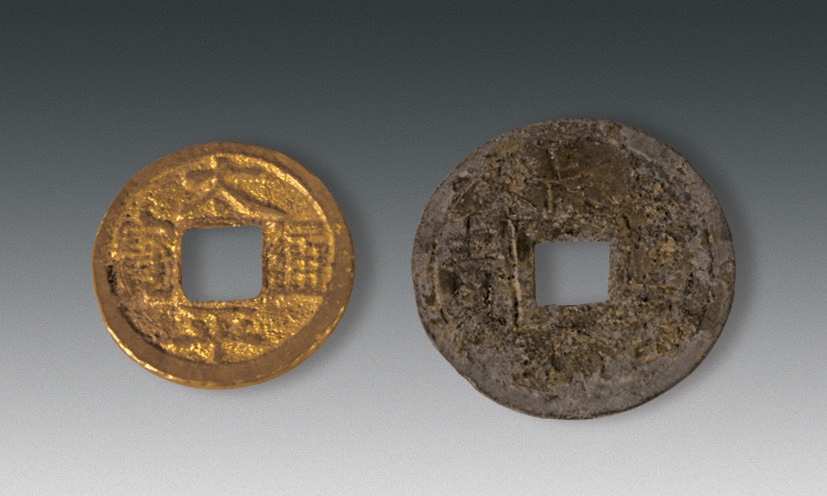
Gold and silver tokens found in née Wu's tomb. The inscription on the gold token carries the words "Taiping tongbao" which signifies that it is government minted currency. The inscription on the silver token reads "changming fugui" which means longevity and prosperity. The tokens may have been placed in née Wu's tomb for symbolic or spiritual reasons. [Read more about the ancient China tombs]

Owen Jarus is a regular contributor to Live Science who writes about archaeology and humans' past. He has also written for The Independent (UK), The Canadian Press (CP) and The Associated Press (AP), among others. Owen has a bachelor of arts degree from the University of Toronto and a journalism degree from Ryerson University.
